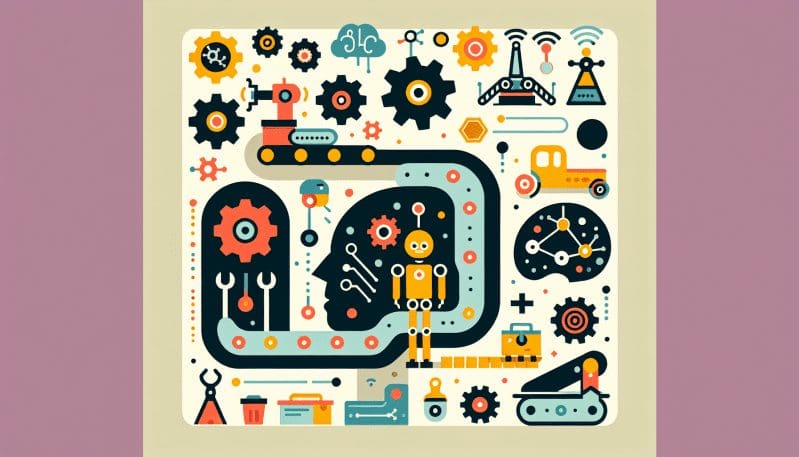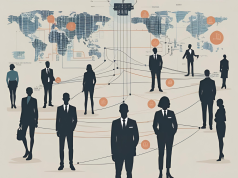As we edge deeper into the 21st century, the landscape of work is undergoing a seismic shift. Automation, artificial intelligence, and machine learning are not just buzzwords but tangible forces reshaping the very fabric of our workplaces. The jobs of yesterday may not exist tomorrow, and the roles of tomorrow may be something we have yet to imagine. This not only challenges workers and industries but also poses fundamental questions about the nature of work itself.
At the forefront of this revolution are automation and AI. These technologies promise increased efficiency and cost savings but they also bring a degree of uncertainty. What jobs are at risk, and what new opportunities are arising? Data suggests that routine and manual jobs are most susceptible to automation, while roles that require creativity, problem-solving, and emotional intelligence are more likely to thrive.
However, the picture is not entirely bleak for those in at-risk occupations. The key for workers is to future-proof their careers through continuous learning and adaptability. Upskilling, reskilling, and cross-skilling will become essential as the demand for digital literacy and tech-savviness increases across all sectors.
But what about the social and ethical implications? As AI and automation advance, there’s a growing concern over the potential for job displacement and the exacerbation of income inequalities. The ‘future of work’ should not just be about technological advancement, but also about ensuring fairness and equity in the job market. In this endeavor, policymakers play a crucial role. They are tasked with implementing regulations that protect workers, foster a dynamic job market that can absorb technological changes, and ensure that the benefits of AI and automation are widely distributed.
In the coming years, we can expect to see more collaborative human-AI environments. It will not be a zero-sum game but rather a symbiotic relationship where AI takes over mundane tasks, enabling humans to focus on complex and creative work. The transition may not be seamless, but with the right tools, mindset, and policies, it offers the potential for a more fulfilling and productive workforce.
At ‘The Work Times’, it’s our mission to equip our readers with critical insights into these emerging trends in the job market. We believe by highlighting the challenges and prospects of the evolving job sphere, we can help navigate a path towards a labor market that respects both human dignity and technological progress. The future of work may be uncertain, but with awareness, preparedness, and action, there is much hope for a bright and equitable workplace of tomorrow.




























